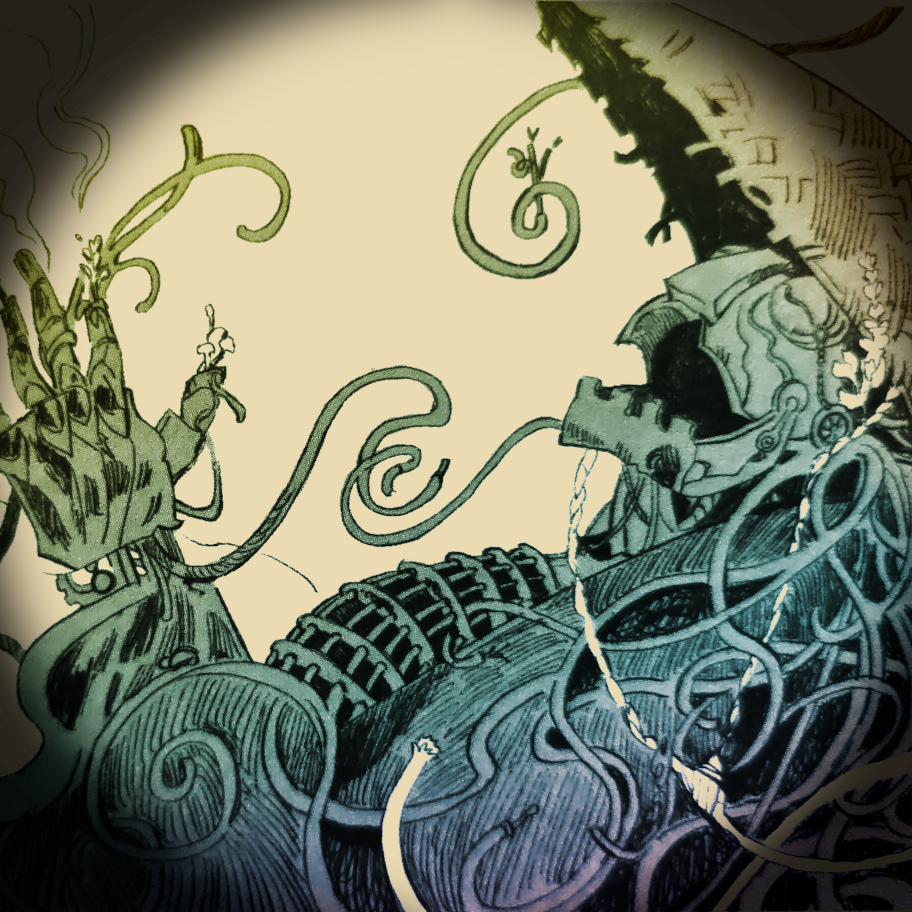Agreed. Strong (and effectively enforced) worker protections are just as important as tech-specific safety regulations. Nobody should feel like they need to put themselves into a risky situation to make work happen faster, regardless of whether their employer explicitly asks them to take that risk or (more likely) uses other means like unrealistic quotas to pressure them indirectly.
There are certainly ways to make working around robots safer, e.g. soft robots, machine vision to avoid unexpected obstacles in the path of travel, inherently limiting the force a robot can exert, etc… And I’m all for moving in the direction of better inherent safety, but we also need to make sure that safer systems don’t become an excuse for employers to expose their workers to more risky situations (i.e. the paradox of safety).







You wouldn’t, but that’s fine with Match Group: JP Morgan[1] are loving this new monetization strategy. If they think they can get more money out of their users they will, the experience and usefulness of their app be damned. Very similar to aggressively monetized mobile games, but extra icky since they’re monetizing human relationships.
I’m sure other investment firms are pleased as well, but JP Morgan was the firm mentioned in the article ↩︎